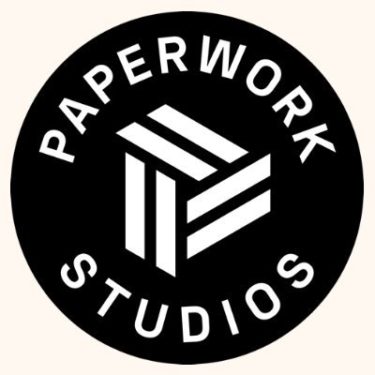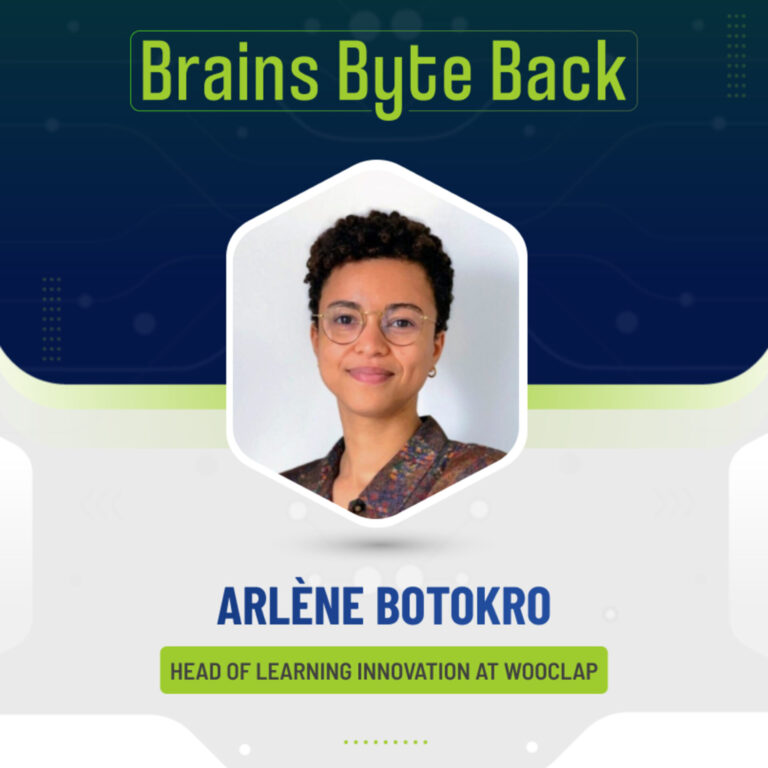Launching a new product is not too different than peeling an orange. This is a metaphor Aayush Gupta, a venture designer, has come up with that extends through all things creative he does on a daily basis at Create, a New York-based venture studio focused on building companies from the ground up.
“Bananas are easy to peel, but there’s no clear sense of where you should start when peeling an orange with a tough skin. And it reminds me of company building because you’re not exactly sure where to begin when you want to develop a product. You’re on the surface. You don’t have a ton of information. You’re looking for a clean cut, but you may miss it a few times,” Gupta told The Sociable.
After several tries, it starts to come off very cleanly, he said, adding that creating a new product is a similar experience as it may involve a bit of pivoting and shifting and understanding the consumer. “But you finally get to a place where it’s clear what to do and you’re just executing your idea.”

Aayush Gupta, venture designer at Create (Image source: LinkedIn)
Gupta’s fascination with entrepreneurship, innovation, and design has taken him on a journey of unique experiences across the world, including delivering corporate innovation for Fortune 500 clients at Frog Design—part of Capgemini Invent—where he worked with companies like McDonald’s, Vanguard, and Stanley Black & Decker.
He is now slaking his thirst for creativity at Create, which is backed by 20 of New York City’s “most successful” entrepreneurs and investors who help “rigorously ideate, test, refine, and launch category-leading companies.”
“We exist in the overall venture ecosystem, but we’re neither an incubator nor an accelerator. Rather than funding existing businesses and companies that are out there, our mandate is to launch new companies from scratch,” explained the venture designer at Create.
Their business model, according to him, involves taking very concentrated bets on ideas that they have strong conviction in. They fund them themselves and then spin them out as launched businesses with a co-founder they recruit. The entrepreneurs they pick to work with come from different backgrounds and countries.
How things work at Create
The creative process at their venture studio involves four stages: systematic ideation, research, validation, and launch.
Create has three primary sources of ideas, namely the founding members who they have partnered with, internal thematic research, and external ideators who are industry executives and experts that partner with them to research their insights and bring their ideas to fruition.
During the research phase, they leverage in-depth market and user research to uncover real pain points and white space opportunities in a given industry or sector, and then use their studio resources—from engineering to design—to build and test minimum viable product (MVP) solutions.
Create validates all aspects of the proposed business—the problem, the conceived solution, feasibility, business model, and unit economics.
In the last stage, they refine the company business plan, raise funding, and hire a founder to take the helm. Afterward, they just serve as the behind-the-scenes co-founder and provide the leverage the founder needs so that they can focus on what they do best.
Portfolio companies
They already have a few companies up and running, including Paperwork Studios that provides niche professional communities “overlooked” by legacy business publishers with “hyper-relevant” reporting, analysis, and industry intelligence.
Gathr is another company in their portfolio, which is a B2B2C platform designed to enable brands to reach and engage with employees through an exclusive benefit/perks program in partnership with their employers’ HR department.
Distinctive features
Asked what makes Create stand out from similar studios, Gupta said one of their distinguishing features is that they operate at the very early stage and are industry agnostic.
“We don’t have a particular vertical that we’re focused on and look at everything across the board,” he said, adding that their venture studio is unique in terms of structure as well because they do not have a fund.
“We have a board of our founding members who we meet with on a consistent basis to vet our concepts. So a lot of the idea generation comes from them, but they are also very involved in the continuous evaluation of the opportunities we’re looking at.”
Access to creativity
On whether the coronavirus pandemic has changed the definition of creativity, Gupta said he believes what has changed is “access” to creativity and tools that can accelerate it, which has led to the emergence of a new crop of businesses with humble beginnings.
“People who wouldn’t otherwise have been thinking about launching companies are suddenly exploring problems because they found more time on their hands or questioned what they were doing and decided to finally take the plunge and get into entrepreneurship, which is a more creative profession.”
There is a lot of excitement around creativity and innovation across different industries and a lot more experimentation is going on, he commented, adding that people can easily and quickly access the right tools to experiment at affordable prices in today’s world.
“These tools are allowing us to see a lot more feedback, which makes people more engaged and pushes them to pursue what they’re doing in a faster and more intensive manner,” the venture designer at Create said, encouraging aspirant entrepreneurs to take a leap of faith and start peeling the metaphorical orange.
Disclaimer: This article mentions a client of an Espacio portfolio company.














